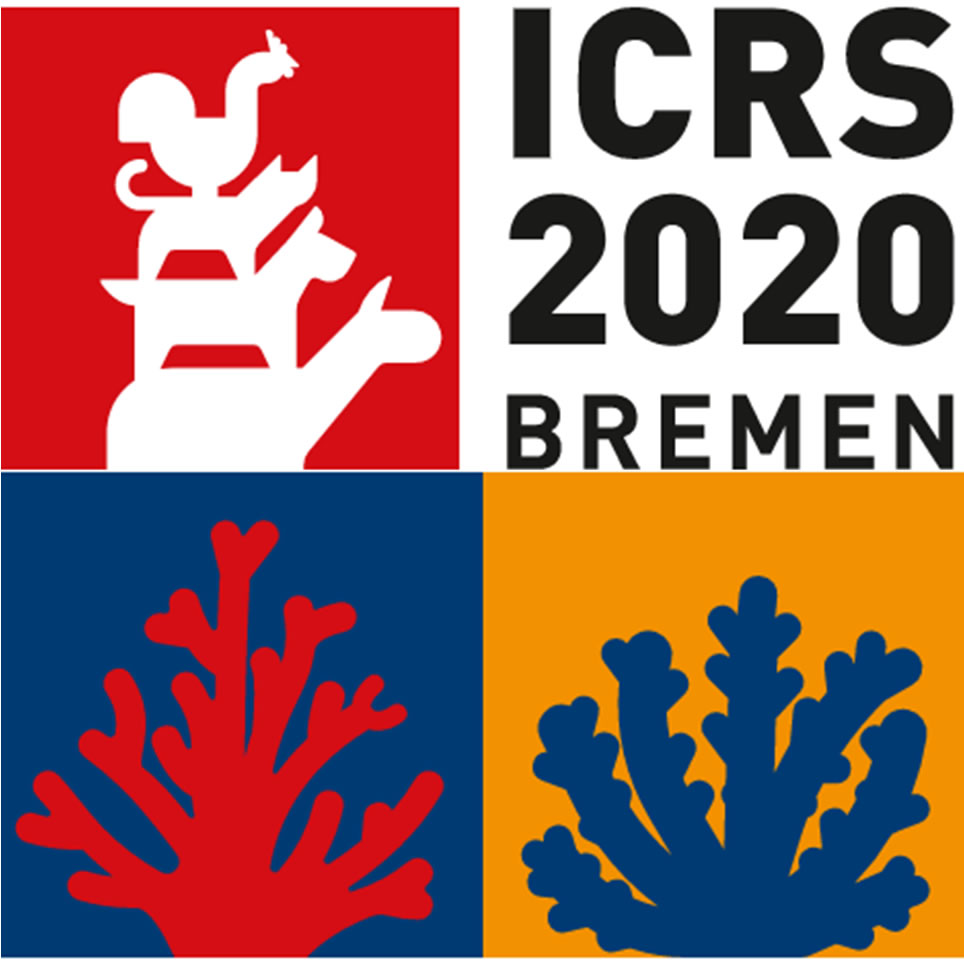Aim of the Foundation
The coral reefs in tropical and subtropical coasts are created by an accumulation of the skeletons of reef-building corals and other organisms and host the most diverse biological communities in the ocean. In addition to their beauty, coral reefs have been recognized as being highly valuable sites from the viewpoints of high species diversity, rich fishery resources, and many aspects of research, such as the study of carbon cycles. However, coral reefs are now threatened by climate change, the rapid development of coastal areas, and other environmental stressors.
Understanding the dynamics of the diverse organisms that live in coral reefs requires accurate information about their physical and chemical environments. Coral reefs are also significantly influenced by human activities and changes in land use in adjacent terrestrial areas. In the context of these challenges, we aim to open the JCRS to people from multiple disciplines. In fact, the current membership of the JCRS is drawn from such diverse fields as biology, ecology, fisheries, geology, geography, chemistry, physics, engineering, archaeology, and human sciences, among others. The interests of our members range from coral communities and coral reefs to micro-scale phenomena, such as genetics, and regional-level issues, such as inter-reef connectivity. The establishment of connections with local communities has also become increasingly important in recent years.
JCRS members are affiliated not only with universities and research institutes but also with private companies, governmental agencies, NGOs, and diving companies; our membership also includes citizens interested in coral reefs and the environment surrounding them. Ideally, the JCRS will include people with varying backgrounds and will broaden its scope to accommodate their interests and specialties.











